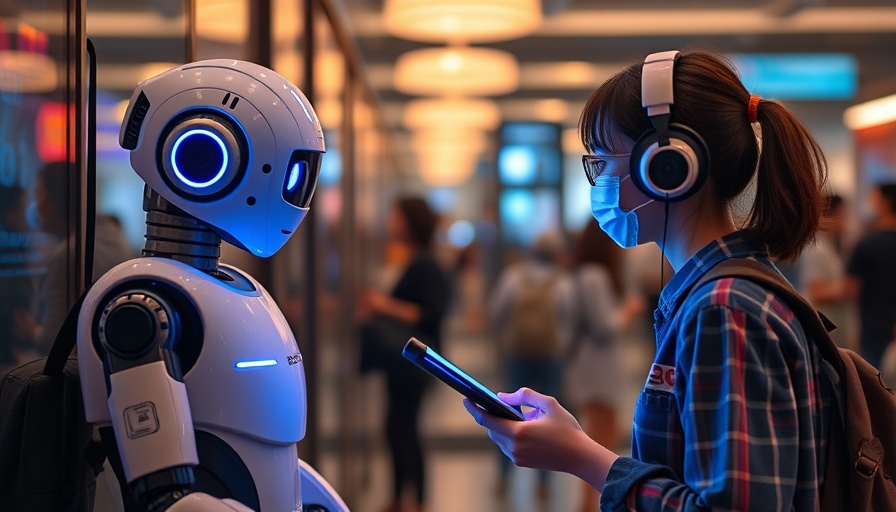
AI Chatbots Revolutionizing Mental Health Support
In the digital age, mental health care is undergoing a transformation, with young people in Taiwan and China increasingly turning to AI chatbots for therapy. As reported, individuals like 30-year-old Ann Li and 25-year-old Yang are utilizing these innovative tools during their most vulnerable moments. The reasons are clear: accessibility, affordability, and anonymity.
Accessibility and Cost: Why AI is Gaining Popularity
Access to mental health services in East Asia can be limited; appointments often fill quickly and can be prohibitively expensive. For individuals like Yang, who expressed difficulty in confiding in loved ones, conversing with a chatbot offers a safe space to express their concerns. Reports indicate significant rises in mental health issues among the youth, highlighting the urgency for alternative solutions. AI chatbots step in as a lifeline, operating around the clock and providing immediate responses.
Shifting Social Norms: Mental Health Awareness
In a society that still stigmatizes mental health discussions, a chatbot can provide a degree of comfort and privacy. Dr. Yi-Hsien Su, a clinical psychologist, notes a generational shift: younger individuals are becoming more open about their struggles, leading to greater utilization of these digital tools. However, it's important to recognize the limitations and ethical considerations surrounding AI interventions.
Risks and Ethical Considerations of AI Therapy
Despite the apparent benefits, the delegation of mental health support to AI raises critical questions. Experts warn of the risks associated with relying solely on technology for emotional guidance. There’s concern that turning to artificial intelligence could delay individuals seeking professional mental health services. Thus, while these tools can offer preliminary support, they should complement, not replace, human therapists.
The Future of AI in Mental Health
As technology continues to evolve, we may see even more advanced chatbots venturing into this personal space. Companies are focused on improving AI's capabilities in understanding human emotions and integrating psychological principles into their systems.
The popularity of AI chatbots exemplifies their potential role in bridging the gap between mental health professionals and patients in need. Yet, as we embrace these innovations, vigilance is required. Balancing technological advancements with ethical considerations will be key to ensuring these tools enhance mental health support rather than detract from it.
 Add Row
Add Row  Add
Add 




 Add Row
Add Row  Add
Add 



Write A Comment